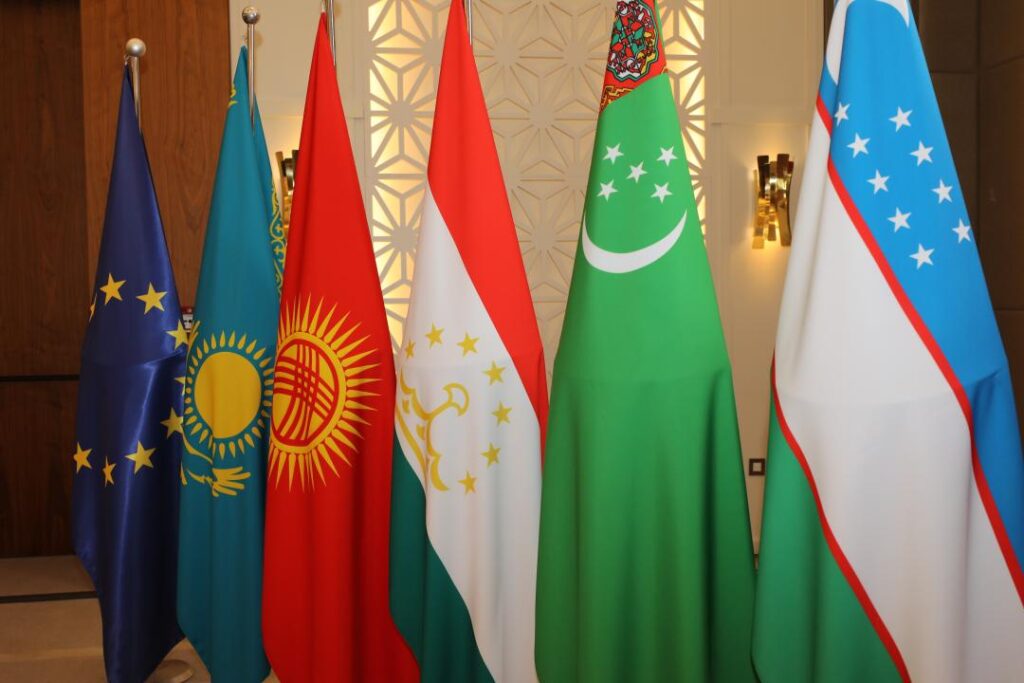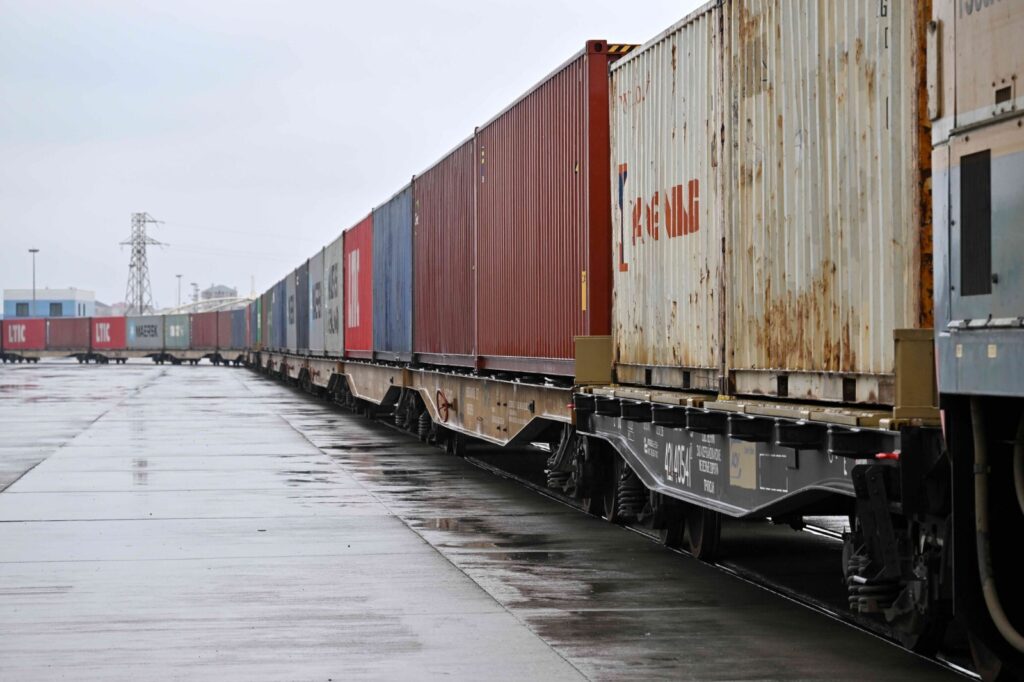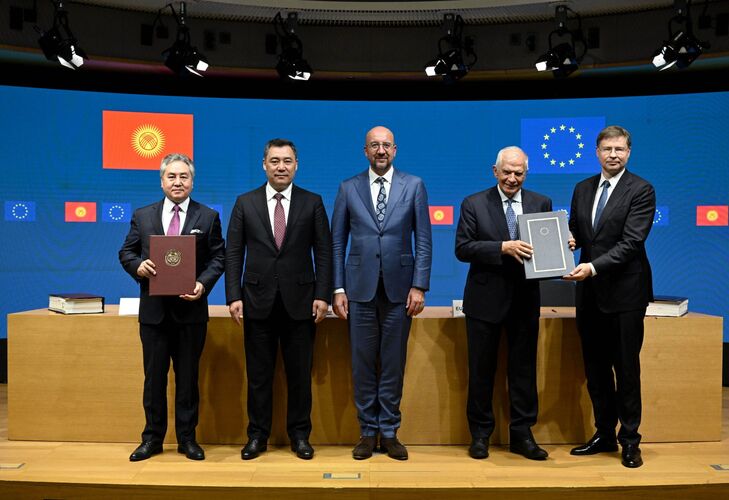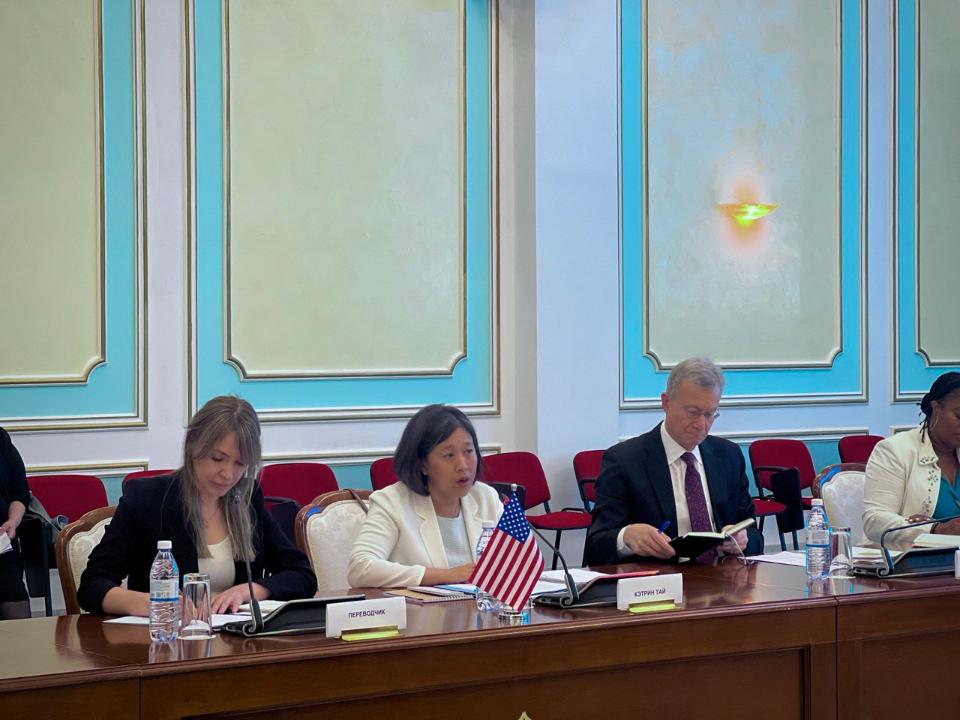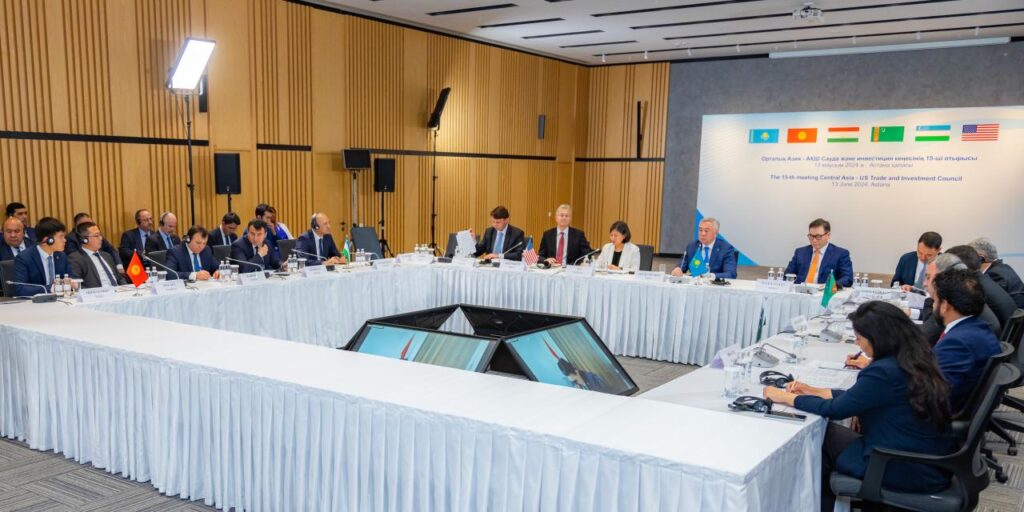EU-Funded Projects Strengthen Central Asia’s Trade and Economic Ties
On 26 June, Almaty hosted the closing meeting of two regional projects in Central Asia funded by the European Union: the ITC Ready4Trade Central Asia and the OECD Policy Component of the EU Central Asia Invest Programme. As reported by the Delegation of the European Union to Kazakhstan, both initiatives have done much to support Central Asian countries' efforts to advance trade reforms, enhance competitiveness, foster connectivity and strengthen regional cooperation. The event brought together policymakers and key stakeholders from private and public sectors in Central Asia, as well as representatives of the European Union, the International Trade Centre (ITC), and the Organisation for Economic Co-operation and Development (OECD). "The European Union has long been supporting the governments of Central Asian countries in their business environment and trade and transport connectivity reform efforts together with international partners, including ITC and the OECD,” said Kestutis Jankauskas, Ambassador of the European Union to Kazakhstan. “Going forward, we will endeavour to develop the potential of the Trans-Caspian Transport Corridor together with our Central Asian partners to make it a competitive, multimodal and sustainable corridor that can bring Central Asia and Europe closer together. We look forward to the new EU-funded Prosperity Programme to be implemented by ITC and the OECD to support the implementation of this goal.” The ITC Ready4Trade Central Asia project has made significant progress in enhancing intra-regional and international trade across five Central Asian countries. In close collaboration with the governments, the project tackled obstacles to cross-border trade by simplifying and digitalising trade procedures, ensuring greater transparency and efficiency terms of cost and time. The project also established national SME Trade Academies, providing tailored on-the-job coaching and enhancing the capacity of SMEs to participate in the global market. The OECD has supported reforms in areas including private sector development, internationalization, digitalisation, trade and transport connectivity, and resilience to shocks. Zhanel Kushukova, Vice-Minister of Trade and Integration of Kazakhstan, commented: “In recent years, significant work has been done in Central Asian countries to simplify and optimize trade procedures, reduce the time for trade operations and automate customs processes. This has allowed us to almost double the volume of trade turnover over the past five years, to $10 billion. In the medium term, Kazakhstan plans to increase trade turnover with Central Asian countries to $15 billion.” Kazakhstan’s QazTrade agency estimates that the implementation of the recommendations proposed by the above projects and the transition to paperless trade will lead to a 30 percent increase in trade turnover in the medium term.
